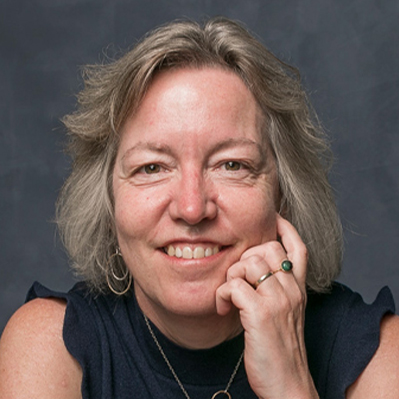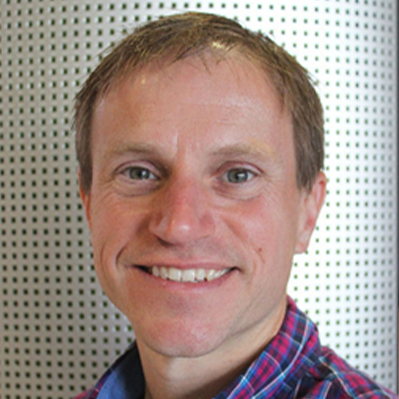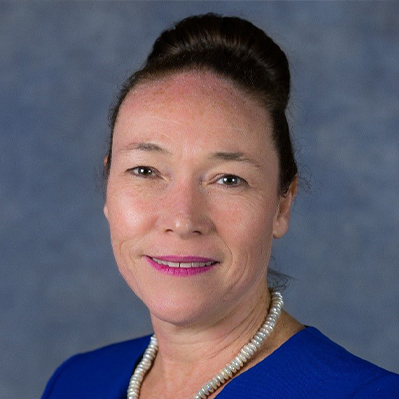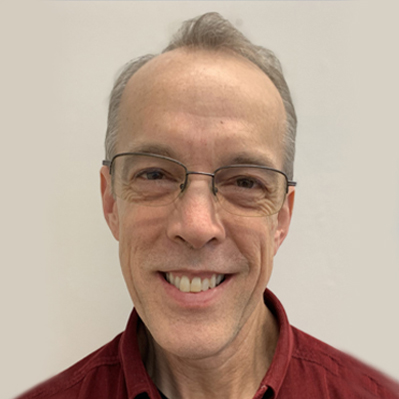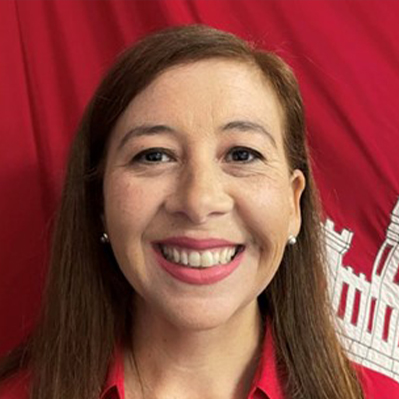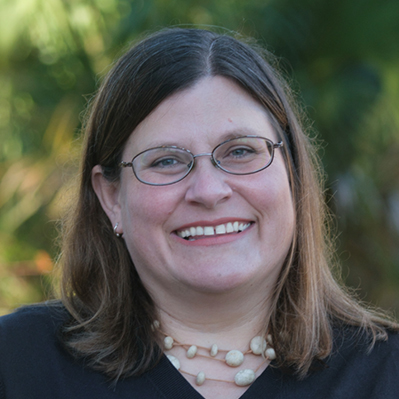Plenary Sessions
In addition to breakout sessions, the Water Institute Symposium features daily plenary sessions with speakers addressing the many pressing challenges faced by water issues from multiple perspectives. We are pleased to bring you an impressive lineup of accomplished individuals who will inform us, inspire us, and sharpen our vision for interdisciplinary and integrative approaches.
Tuesday, February 20, 2024
Keynote Speaker
Stephen Loheide, Professor, Department of Civil and Environmental Engineering, University of Wisconsin
"What Can Ecohydrology Do for You? Developing a Scientific-basis for Decision Making"
Stephen Loheide is a Professor in the Department of Civil and Environmental Engineering at the University of Wisconsin - Madison where he is the Director of the Hydroecology Lab. His research is focused on interactions between ecological and hydrological processes in natural and built systems, and the competition for water among municipal and industrial users, agriculture, and natural ecosystems. He and his research group develop methods to quantify and understand the processes controlling the exchange of water between groundwater, vadose water, vegetation, streams and the atmosphere using a combination of field data, remote sensing, and numerical modeling.
Dr. Loheide is a member of the board of Directors of the Consortium of Universities for the Advancement of Hydrologic Sciences (CUAHSI). He is co-founder and a major contributor to CUAHSI Virtual University, an inter-institution community of graduate students and educators in the hydrologic sciences that was developed to increase access to specialized hydrology courses for graduate students.
Wednesday, February 21, 2024
Keynote Speaker
Catherine L. Kling, Professor, Charles H. Dyson School of Applied Economics and Management, Cornell University
“Measuring the Economic and Social Benefits of Water Quality Improvements”
Catherine L. Kling is a Tisch University Professor in the Charles H. Dyson School of Applied Economics and Management at Cornell University. She serves as Faculty Director and Cornell Atkinson Scholar in the Cornell Atkinson Center for Sustainability, and leads the Social Cost of Water Pollution working group.
Beyond Cornell, Kling chairs the Water Science and Technology Board of the National Academy of Sciences, Medicine and Engineering, has been a member of six National Research Council studies, and served for ten years on EPA’s Science Advisory board. Dr. Kling is a Fellow of the Association of Environmental and Resources Economists, a Fellow of the Agricultural & Applied Economics Association, a University Fellow at Resources for the Future, and was elected to the National Academy of Sciences in 2015.
Kling has published nearly 100 refereed journal articles and book chapters and is the past editor of the Review of Environmental Economics and Policy. She specializes in the economic valuation of ecosystem services and integrated assessment modeling for water quality modeling.
Wednesday, February 21, 2024
Tribute to Dr. Wendy Graham’s legacy as founding Director of UF’s Water Institute
Presentation of Student Poster Competition Awards & Closing Panel Session
Closing Panel – "Translating Scientific Insights to Decision Making"
The scientific process is about answers to questions. This Water Institute symposium was created to share the insights from that process for improving water sustainability in Florida and beyond, with the goal of aiding policy makers in their process of meeting our myriad water challenges. Florida is already a leader in water governance, but as our modern challenges reveal, there is much to be done to protect our aquifer, our aquatic ecosystems, our coastal infrastructure, and our legacy as natural resource stewards. This panel explores the pathways of scientific knowledge reaching our governance structures at all levels, the reciprocal pathways of information that help guide crucial research questions, and the best practices for ensuring open discourse between scientists, decision makers, regulators, and the public.
Panelists
- Virginia Barker, Director, Brevard County Natural Resources Management Department
- Wesley Brooks, Chief Resilience Officer, State of Florida
- Rick Hutton, President, FWEA Utility Council and Supervising Engineer, Gainesville Regional Utilities (GRU)
- Cathy Kling, Professor, Charles H. Dyson School of Applied Economics and Management, Cornell University
- Steve Loheide, Professor, Department of Civil and Environmental Engineering, University of Wisconsin
- Michael A. Register, Executive Director, St. Johns River Water Management District
- Timothy Gysan, Resilience Senior Project Manager, Ecosystem Branch, U.S. Army Corps of Engineers, Jacksonville District
- Julie Wraithmell, Executive Director, Audubon Florida
Moderator
Lisa Krimsky, Regional Water Resources Extension Agent IV, UF/IFAS Southeast District

